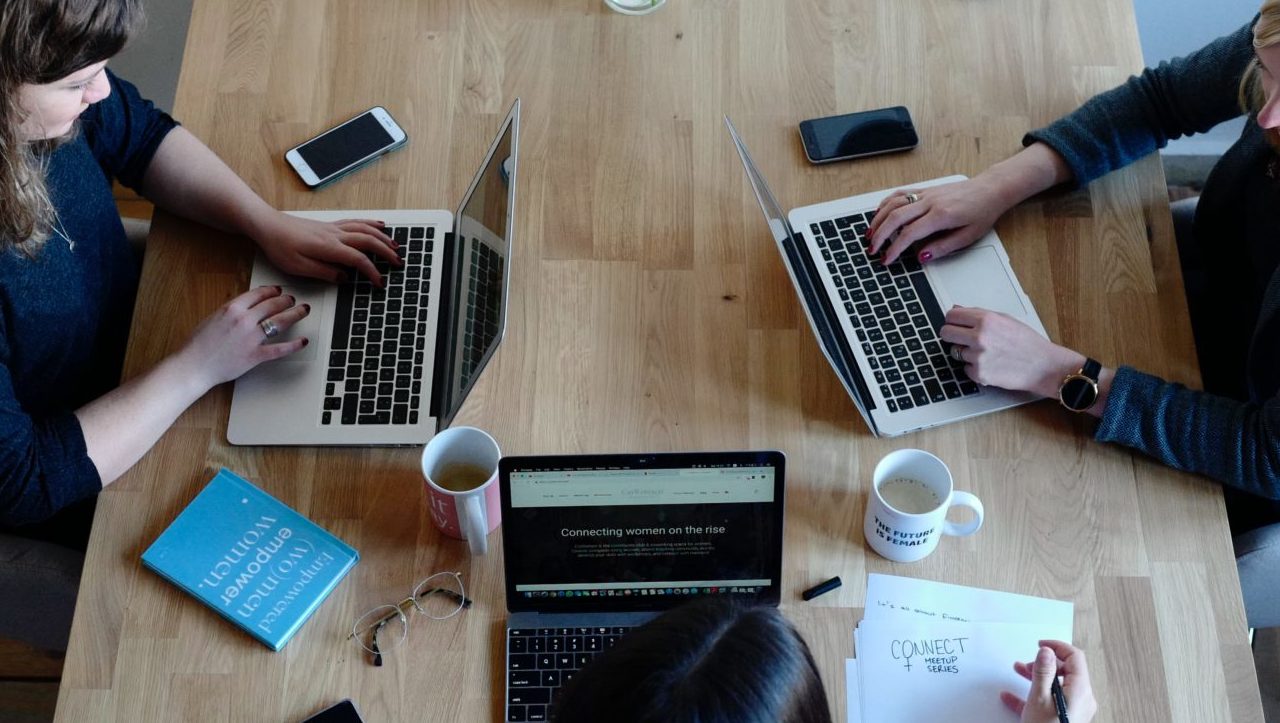M+E Daily

Mentoring Can Work in Reverse Also
Story Highlights
Reverse mentoring programs, in which people at the front of their careers offer their perspectives to more established professionals, can help companies and veteran executives and other professionals just as much as mentoring programs can help people at the start of their careers, according to speakers at the SoCal Women’s Leadership Summit, presented by Women in Technology Hollywood (WiTH).
Mentoring and reverse mentoring can open conversations around gender, age, social trends and professional backgrounds to inspire community and a strong culture at an organization. Introducing a reverse mentorship program is also a great way to create a more equitable workplace.
For proof, look no further than gBETA Musictech, a partnership of startup accelerator Gener8tor and Universal Music Group’s Capitol Music Group that launched in 2018 and works with early stage startups “to help them gain traction,” according to Adrienne Palm, director of gBETA Musictech.
GBETA Musictech runs a free seven-week accelerator program that just wrapped up its fourth iteration, she said Oct. 7 during the Summit’s Mentoring & Networking track breakout session “Reverse Mentoring To Drive New Thinking and More Equitable Workplaces.”
The program works with between 5-6 startups per cohort — often tech companies who come to it looking for assistance in growing their businesses and are often actively trying to raise funding via venture capital and angel investors, she noted.
The music industry can seem “opaque” to newcomers not familiar with it, so it is “invaluable” for them to meet executives and other people working in the industry for a long time, she said.
Those in the program and other mentorship events held by gBETA Musictech gain industry knowledge and also learn if what their startup is creating – whether it’s hardware, software, a new service or whatever — has value, she said.
But the program is also bringing accelerator practices to Capitol Music, infusing it with new ideas and connecting its executives and artists with new technology and new ways to reach an audience.
The mentors are learning new things and seeing innovation they didn’t even know was happening, according to Patty Newby, project manager at Gener8tor, who noted the program relies on partners. Everybody learns from each other, she said.
There is also a plan to launch a new upscaling program with different partners in different communities to help people affected by the pandemic to learn new skills and get new jobs, Newby noted.
One of Capitol’s main goals is to “drive innovation” in the music industry and gBETA Musictech is helping it to achieve that, according to Ching-Ching Chen, its VP of content partnerships and strategy.
The program is working to help start “organic” conversations and create relationships between newcomers and those already in the industry, she pointed out, adding the program also helps those running the startup understand how to “navigate” licensing and see if there is actual need and demand for the products and services they are offering.
Partnerships between the mentors and newcomers in the program have evolved since it started, she also said. For example, they worked together during the pandemic on programs designed to get people to stay at home and to choreograph fun dance routines to help people not feel so alone during the lockdown, she said.
“It’s definitely been an incredible ride,” she said, adding: “A year and a half ago, I would not have guessed that the relationship would evolve to what it has today.”
The session was moderated by Stefanie Kleinsmith, a self-described “human-focused” technologist and approach advocate, who has worked for companies including Disney and Fox.









